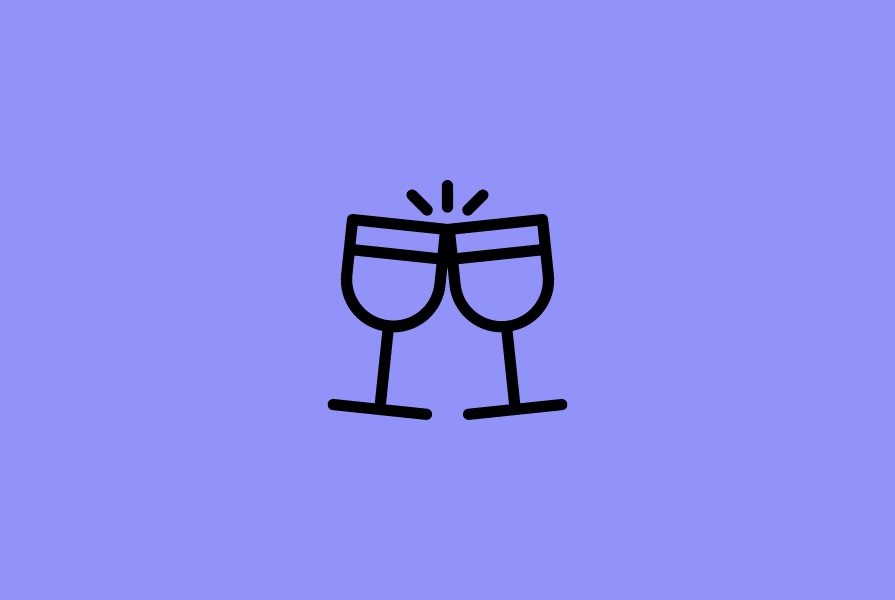How can I invest in wine?
Sexier than a savings account or a stock portfolio, wine is an investment with a special aura. Whether it's a sweet Burgundy treasure to be found at the bottom of a cellar, or a Bordeaux that's barely bought at auction, wine is an investment that can make your head spin if you don't get it right. As the saying goes, "it doesn't matter which bottle you buy, as long as you get... a return on your investment"? With Birdee, find out how to invest in wine!
WINE, AN ALTERNATIVE INVESTMENT
Wine is an excellent way to invest in assets that are not subject to the fluctuations of the financial markets. It's an alternative investment with moderate volatility that also offers the advantage of investment diversification. Investing in wine also offers the treasure aspect of holding a piece of heritage and history in your hands.
If you're not interested in oenology, this isn't really the investment to turn to. There are other investments more suited to your profile!
WINE: A SHORT, MEDIUM OR LONG-TERM INVESTMENT?
Wine is considered a long-term investment. You often have to wait years, even decades, for the value of your bottles to increase significantly. So if you want to make a profit, be patient!
HOW TO FIND BOTTLES OF WINE TO INVEST IN?
Not all wines are investments. This only applies to grands crus and vins de garde. So even if that little bottle of Beaujolais is delicious, don't necessarily buy a case of it in the hope of seeing the investment grow!
It's best to be at least a little aware of market trends and the factors that influence wine demand and price. Quality, rarity, region, winery, grape variety, bottling year, age and reputation are all factors that affect the value of wine.
You need to know which bottles will increase in value over time. Rare, old wines produced in limited quantities are often the most sought-after and... therefore the most expensive. Mouton-Rothschild (Bordeaux), Château Pétrus (Bordeaux too!), grands crus from the Domaine de la Romanée-Conti in Burgundy, are sure values. Consult resale prices and values on the online wine-searcher site.
Buy your grands crus and vins de garde at your wine shop, through a wine broker (for a commission) or on specialized websites (sales and auctions).
|
🍷 There are also "investment cellars" where we take care of managing and preserving your grands crus. This management service is offered by Cavissima and U'Wine, websites specializing in fine wines and vintages. There are also a number of wine FCPs (mutual funds). You can also invest via GFV (groupements fonciers viticoles). But remember that, like all investments, investing in wine carries a risk of capital loss! And don't forget that your children may open your precious bottle of Bordeaux for a pizza party... 😬 |
WHERE TO STORE YOUR WINE BOTTLES SO THAT YOUR INVESTMENTS DON'T GO SOUR?
Wine is a living material that evolves over time. Aging in the wrong conditions will alter its quality and risk turning your Bordeaux into piquette. So wine storage is crucial to its quality and value. Store your vins de garde and grands crus in a cellar (at the right temperature and humidity level!) or in an electric ageing cellar.
If you wish to age your wines at home, you'll need to factor in additional costs: purchase of a cellar or bottle rack, electricity consumption if refrigerated, hygrometer, thermometer, etc.
|
A wine's "apogee" is the best time to enjoy it. |
OTHER ORIGINAL INVESTMENTS
- art- collectibles
- precious materials
- cinema
And, of course, responsible investment! A useful way of making a positive contribution to the development of high-impact, responsible projects. What's more, with Birdee, you won't need to drink your Bordeaux to console yourself: invest as little as €50 a month. So you don't have to be called Pétrus 😉 !
 English
English








